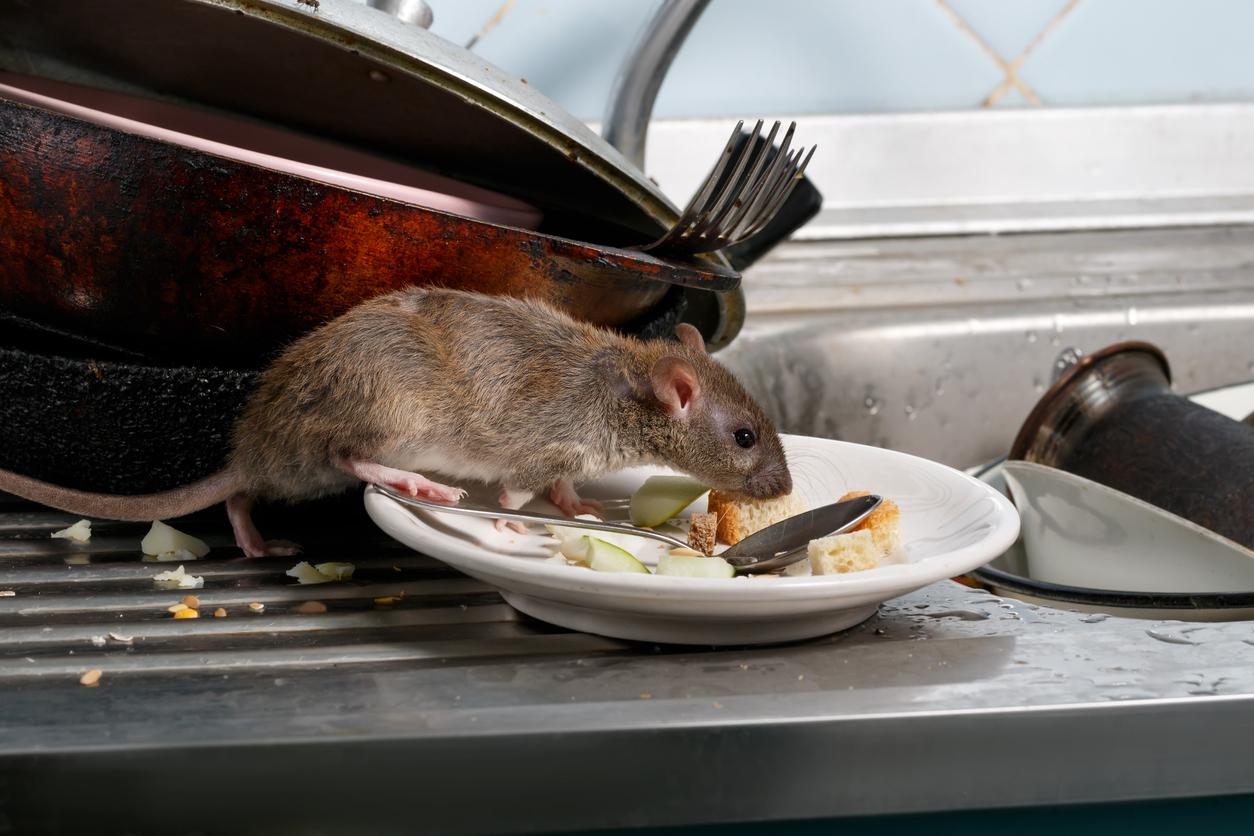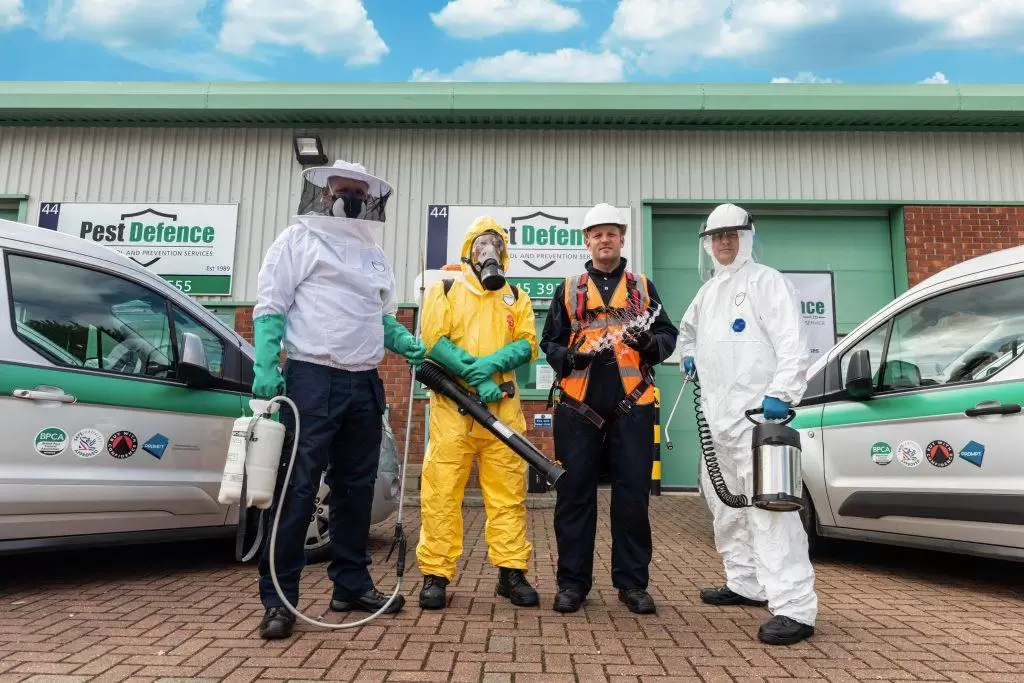Do Mice Carry Diseases?
With so many species in the rodent family, there is also a wide range of diseases that they can carry. Having made themselves comfortable in the same living environments as humans, this is a cause for concern.
This month at Pest Defence, we want to bring your attention to the fact that, yes, mice do carry diseases, and to tell you about the most common ones.
If you believe you have a mouse infestation at your home or business, then don’t hesitate — call us at Pest Defence for expert rodent control services and protect yourself, your family, your staff and your customers.

Types of mouse diseases
Reproducing in great numbers, inhabiting unhygienic areas and even leaving their urine and droppings around, it’s vital to understand the risks that mice pose. To help you understand why you need to deal with mouse issues, here are the most common diseases that mice carry:
Salmonellosis
- Symptoms of salmonellosis include diarrhoea, fever, stomach cramps and vomiting.
- Salmonella is one of the key diseases that rodents can spread. Often transmitted through contamination of food and drink with faeces.
Leptospirosis
- Symptoms of leptospirosis include headaches, vomiting, muscle pain, diarrhoea and skin irritation.
- Leptospirosis can feel a little like having a flu or fever and is contracted through contact with animal urine or products that have been contaminated by animal urine.
Weil’s Disease
- Symptoms of Weil’s disease include chest pains, swollen hands and feet, jaundice, coughing blood, headaches and even seizures.
- Weil’s disease is a more serious development of leptospirosis and can be fatal if it triggers organ failure. Like leptospirosis, it is mostly caused by contact with the urine of animals who have the disease.
Plague
- Symptoms of the plague vary by how it is transmitted but can include swollen lymph nodes, feverish conditions and dermatological issues such as bleeding or dying skin.
- While many will think of the plague as an old, legendary disease that killed swathes of people a long time ago, it still exists today. Transmitted by flea bites, contact with contaminated animals and airborne particles, it is spread predominantly by fleas and rodents.
Hantavirus
- Symptoms of hantavirus include flu-like aches, fever and stomach pains.
- Mice are common carriers of hantaviruses, transmitting the disease through their faeces, urine and saliva, all things humans can easily come into contact with.
Rat-Bite Fever
- Symptoms of rat-bite fever include – across two different bacteria types – fever, muscle and joint pain, swelling around the bite, vomiting, a rash and an ulcer around the bite.
- Streptobacillus moniliformis and spirillum minus are two types of bacteria carried in the mouth, nose and eyes of rats, mice and other rodents, often passed to humans through bites and scratches. In some cases, they can also be contracted through handling or eating contaminated items.
How do mice spread disease?

With such a variety of diseases comes a whole host of ways in which they can be spread. Mice carry the diseases listed above – as well as others – and can transmit them in the following ways, directly or indirectly:
Ingestion – By eating or drinking items that have been contaminated in some way by a mouse or other rodent. This contamination could come as a result of mice coming into contact with your food and drink at your home or business, or it could occur at a different point in the supply chain.
Inhalation – Airborne particles that contain the faeces or urine of mice can be inhaled, leading to the transmission of diseases and bacteria.
Scratches & Bites – Direct contact that breaks the skin in the form of scratches and bites can occur when a mouse feels cornered or threatened.
Touch – Handling any type of rodent, dead or alive, has the potential to transmit diseases through microorganisms.
Is it safe to sleep in a room with mouse droppings in it?
The answer here is no. Given the number of diseases that mice carry and the variety of ways in which they can transmit them, if your room has mouse droppings then it probably isn’t safe. Mouse droppings mean that mice are nearby and frequent your room, leaving uncertainty over what is safe and what is not safe to touch — even the air itself could be contaminated.
The best course of action is to sleep in another room until you have the mouse infestation dealt with. Once everything in your room has been sanitised, you can once again return for a peaceful night’s rest.
Contact professional mouse pest controllers

When you need a professional pest control company in London or Essex, look no further than our team at Pest Defence. We have decades of experience dealing with rodents, which means you can count on us to remove any mouse infestation quickly and discreetly.
We’re fully accredited and insured, providing an emergency pest control service for when you need us any day of the week. Call today and talk to us about any issues you’re having with mice at your premises or in your home.
